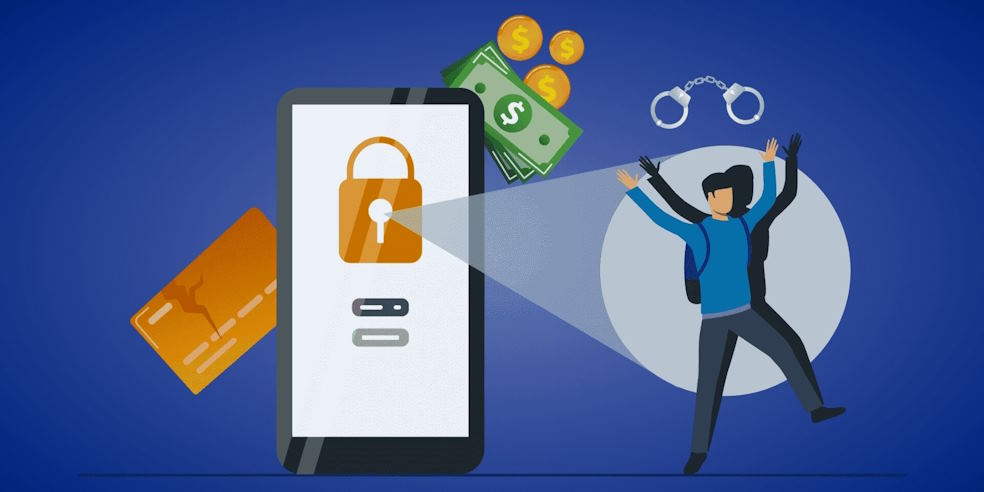In the dynamic and ever-evolving landscape of cryptocurrencies, the rise of fraudulent activities has become a persistent concern for investors and enthusiasts alike. One of the stealthy tactics cybercriminals employ to deceive unsuspecting victims is creating and using fake receipts. These falsified documents add a layer of sophistication to crypto fraud schemes, making it crucial for users to stay informed and vigilant.
The Genesis of Fake Receipts
Cryptocurrencies operate on decentralized networks, providing a certain level of anonymity and security. However, this feature has attracted malicious actors seeking to exploit the lack of regulation and oversight. Fake receipts have emerged as a tool for scammers to legitimize their schemes and manipulate victims into believing false narratives.
Methods Employed by Scammers
Phishing Attacks
Phishing remains a prevalent method for obtaining sensitive information. Scammers often use deceptive emails, messages, or websites to trick users into divulging their private keys or wallet credentials. With this information, they can create fake receipts to showcase fictitious transactions.
Social Engineering
Leveraging psychological manipulation, scammers might exploit personal relationships or use persuasive tactics to access a user’s crypto assets. Once they have control, they can generate fake receipts to mislead victims about the state of their transactions.
Malicious Software
Malware and other malicious software can infect users’ devices, allowing fraudsters to monitor transactions and create counterfeit receipts. This method is especially dangerous as users may be unaware that their devices have been compromised.

Consequences of Fake Receipts in Crypto Fraud
Financial Loss
Victims of crypto fraud can suffer significant financial losses when scammers use fake receipts to portray non-existent transactions. Once funds are transferred, they are often irretrievable due to the irreversible nature of blockchain transactions.
Damage to Reputation
Crypto fraud not only affects the financial well-being of victims but can also tarnish their reputation within the community. Trust is a crucial element in the crypto space, and falling prey to scams can lead to a loss of credibility.
Regulatory Scrutiny
Victims may inadvertently become entangled in legal issues if their involvement in fraudulent activities is misconstrued. It can lead to regulatory scrutiny and legal repercussions.
Protecting Against Fake Receipts
- Educate Yourself
- Stay informed about common crypto scams and phishing tactics. Education is the first line of defense against fraudulent activities.
- Use Hardware Wallets.
- Hardware wallets provide an extra layer of security by keeping private keys offline. It reduces the risk of malware and unauthorized access.



